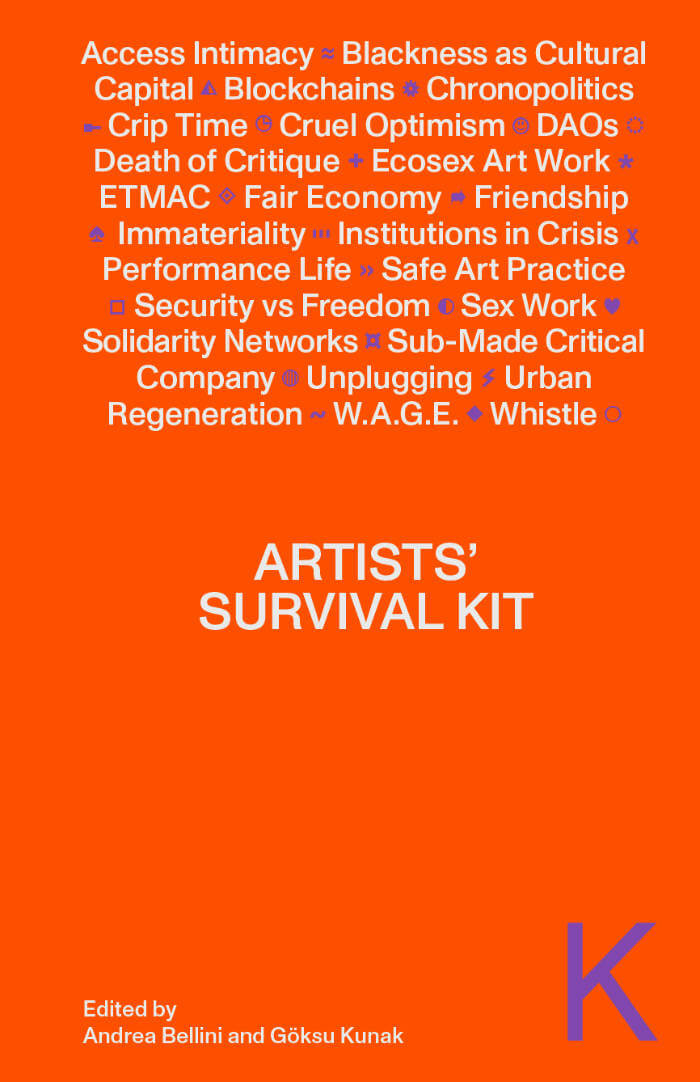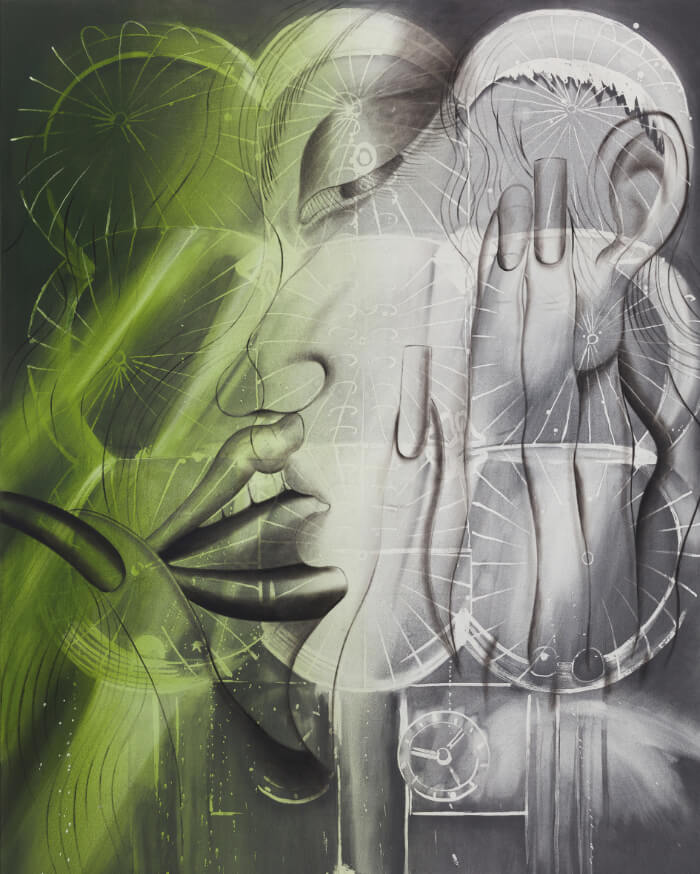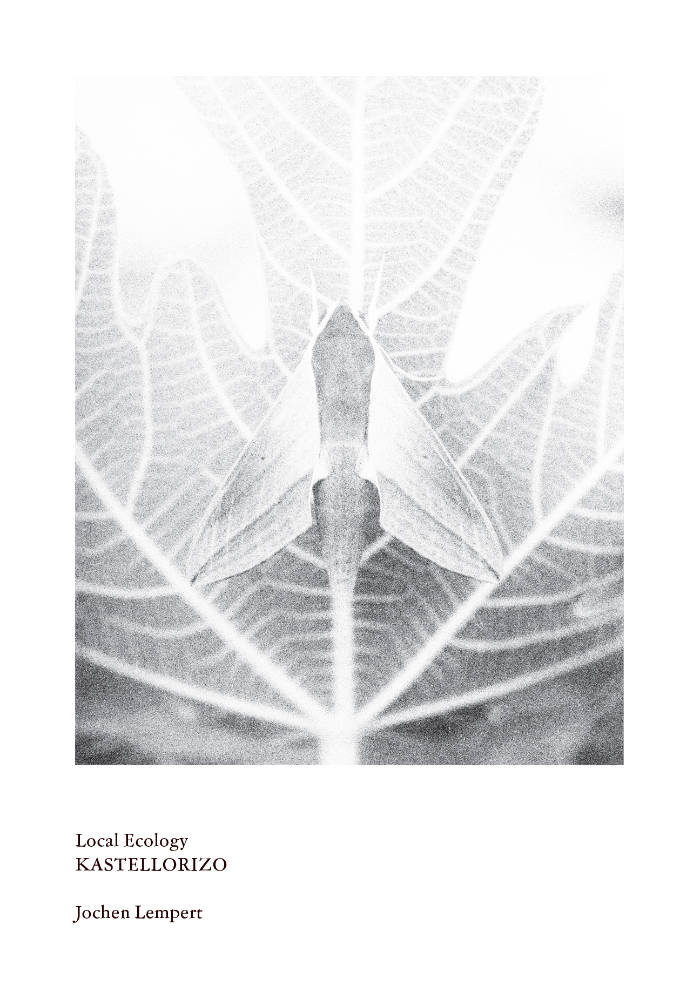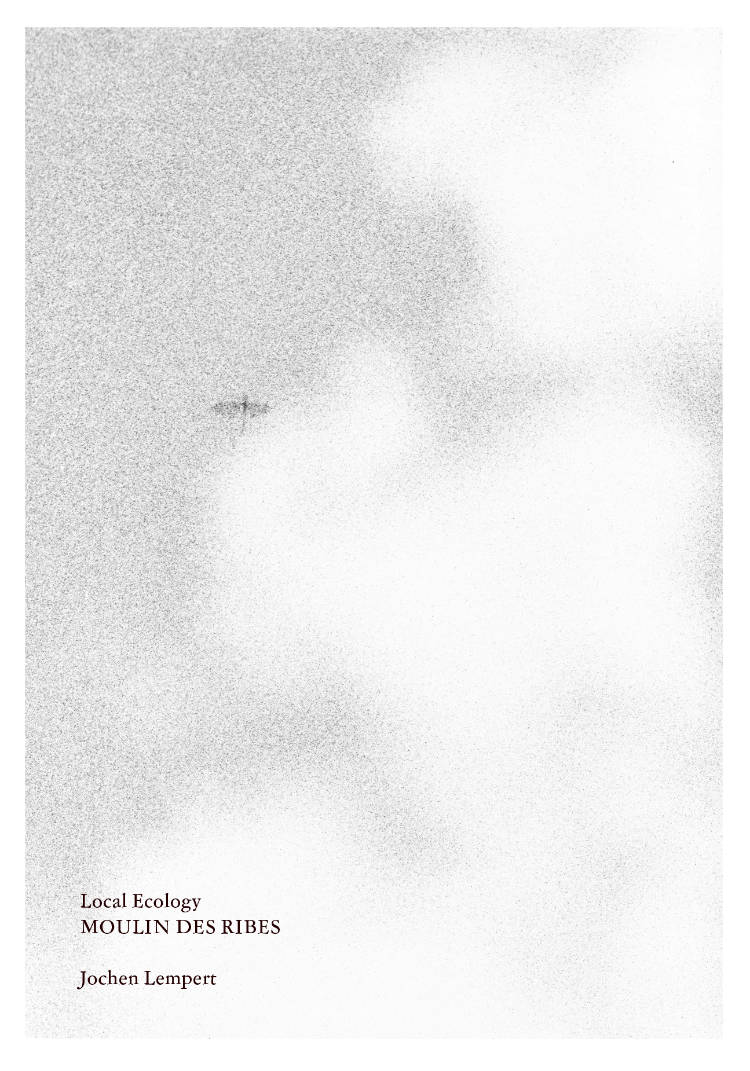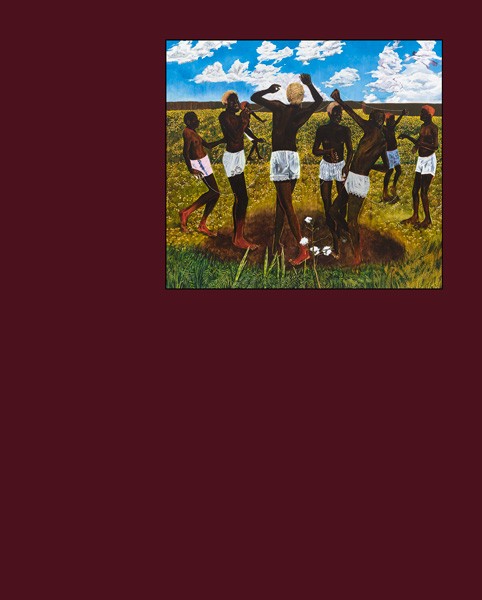Antonio Obá: Rituals of Care traces the practice of the Brazilian artist since 2016, offering a broad survey of his recent work, dwelling on the recurring motifs and iconographic sources that feed the complex imagery of his painting. Extensively illustrated, the book returns the richness of Obá's paintings, with enlargements on some of the details woven into the pictorial texture that, in addition to showing his masterful technique, make certain elements of his visual vocabulary stand out.
The conversation between Andrea Bellini and Antonio Obá that opens the book offers the opportunity to learn, through the artist's voice, about the key passages of his research, and to examine his diverse cultural references—from the Baroque of Minas Gerais to traditional Chinese painting, from Rembrandt to the Catholic ex-votos—until we discover the Obá's civic vocation, of painting as a spiritual practice.
The two essays commissioned for the occasion analyze the complexity of these layered signifiers. Lorraine Mendes's essay "Every Boy Is a King" offers an in-depth analysis of Obá's religious syncretism. It suggests an interpretation of its layered symbols, particularly the sankofa and the deity Exú, both of which pay tribute to the artist's West African roots. Above and beyond the specific cultural contexts of this iconography, the author emphasizes the universal value of Obá's work, its evocative, transformative, dynamic power, which—like music or dance—knows no national boundaries or barriers.
Larry Ossei-Mensah's essay "Embodiment: The Art of Antonio Obá" investigates the complex cultural legacy that is intertwined with the artist's practice, connected to his Afro-Brazilian roots, to the social and political realities of the Black diaspora, and to Christian, Candomblé, and Umbanda traditions. In addition to examining the context in which Obá's work is rooted, the author situates it within a galaxy of artists who have focused on questions of identity, often using their own bodies as tools of social and cultural critique.
Completing the book is a chronology, compiled by Sara De Chiara, tracing the artist's formative years and exhibition history, accompanied by rich documentary materials.
Published on the occasion of Antonio Obá: Rituals of Care, the first mid-career survey in Europe dedicated to the Brazilian artist, curated by Andrea Bellini, at the Centre d'Art Contemporain Genève, in 2025.
Antonio Obá (born 1983 in Ceilândia, Brazil) lives and works in Brasília. His multifaceted practice encompasses painting, sculpture, photography, installation, video, and performance. His œuvre interrogates and subverts historical representations, reappropriating spiritual practices and stigmas of racism. Obá endeavors to reclaim his African heritage in a societal framework that has historically sought to dilute Black culture. His works therefore confront the violence inflicted over centuries upon African-Brazilian traditions and communities with new narratives.
